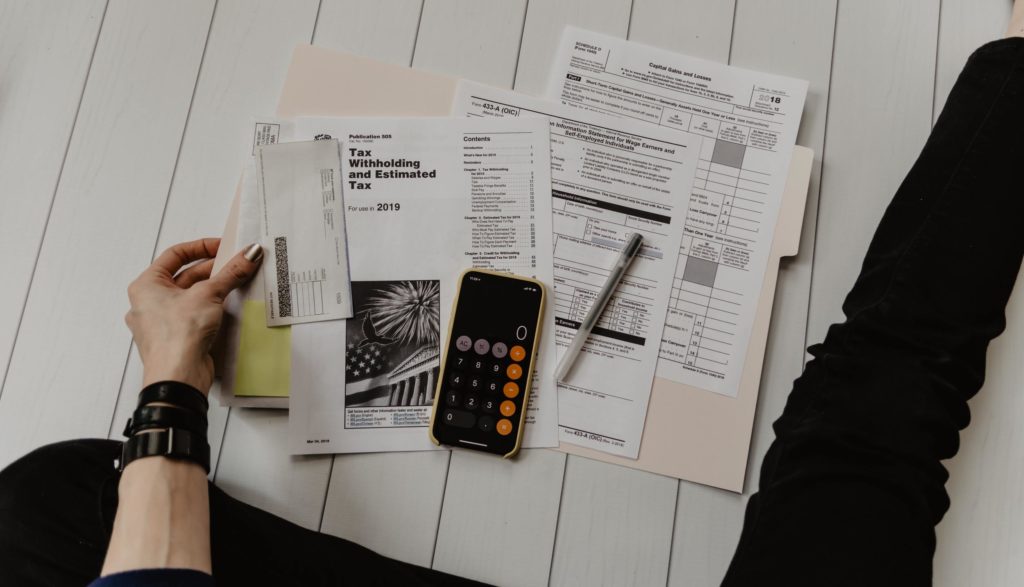iNVESTMENT STATS
66.4 million Lats invested in a year term by investors to obtain residence permits
According to the government report on Tuesday, 20 September, the total amount of investments that Latvia has received due to the amendments to the Immigration Law providing foreigners with a possibility to receive residence permits due investments in enterprises, banks or real estate has reached LVL 66,408,793 within the period from 1 July of the previous year until June 30 of this year.
In a year term, 1079 investors including their family members have requested residence permits on the basis of these long-debated amendments to the Law.
Though, as fixed in the report, the impact of investments on the economy cannot be estimated precisely after only one year being into force, because one financial year has not yet passed after the effective date of the respective provisions which would make it possible to analyse the returns from investments in the economy.
Residence permits have been requested by the nationals of the Russian Federation – 34 persons, Uzbekistan – 11 persons, Israel – 8 persons, China – 2 persons, the USA – 2 persons, Kyrgyzstan – 1 person, and Iran – 1 person.

328 applications for residence permits have been received from investors who have purchased real estate, and the total number of persons included in these applications amounts to 778. The total amount of investments is LVL 45,268,281, and the five largest transactions have been concluded for LVL 594,000, LVL 437,000, LVL 422,000, LVL 400,000 and LVL 365,000.
The report shows that most of the real estates purchased by investors are located in Riga or nearby it. 165 properties have been purchased in Riga, 115 properties – in Jūrmala, 13 properties – in the amalgamated municipality of Babīte, 7 properties – in Mārupe, and 4 properties – in the amalgamated municipality of Garkalne. Two properties have been purchased in each of the following areas: Saulkrasti, Cēsis, the amalgamated municipality of Ozolnieki, Madona, Lapmežciems and the amalgamated municipality of Ādaži; but one property per each has been purchased in Aizkraukle, the amalgamated municipality of Amata, in Langstiņi, Ludza, Mērsrags, Rēzekne, Liepāja, in the amalgamated municipality of Līvāni, amalgamated municipality of Stopiņi, and in Talsi, Krāslava and the amalgamated municipality of Koknese.
Based on the purchase of real estate, residence permits have been issued to 633 persons from Russia, 57 persons from the Ukraine, 38 persons from Kazakhstan, 16 persons from Uzbekistan, 12 persons from Belarus, 7 persons from Azerbaijan, 5 from the USA, 3 from Kyrgyzstan, 2 from Armenia and to 1 person from each of the following countries: Israel, Canada, Lebanon, Moldova and Syria.
Residence permits based on such investments have been also mostly requested by nationals from Russia – 153 persons, the Ukraine – 30 persons, Kazakhstan – 38 persons, Belarus – 10 persons, Uzbekistan – 6 persons, Israel – 3 persons, and Turkmenistan – 1 person. The report indicates that one person was denied the residence permit as he had been included in the “blacklist” of Latvia, but the name and citizenship of this person was not revealed. However it is widely known that the former mayor of Moscow, Yury Luzhkov wanted to obtain a residence permit in Latvia, but the request was denied after the Minister of Interior at that time, Linda Mūrniece made a decision to include the leader of the capital of Russia who had fallen in disgrace in the “blacklist”.

The Ministry of Economics considers that: in order to stimulate the distraction of investments towards business, and not towards real estate purchases, it has to be stated that a temporary residence permit cannot be requested if the real estate has been purchased in Riga or Jūrmala, and the total value of the real estate purchased in Riga and Jūrmala must be increased to LVL 500,000.
Nevertheless, in the final conclusion of the report is that provisions have been effective for merely a year and the amendments to them are very recent, therefore “now, it would not be necessary to debate again about the usefulness of these provisions or possible amendments thereto”.